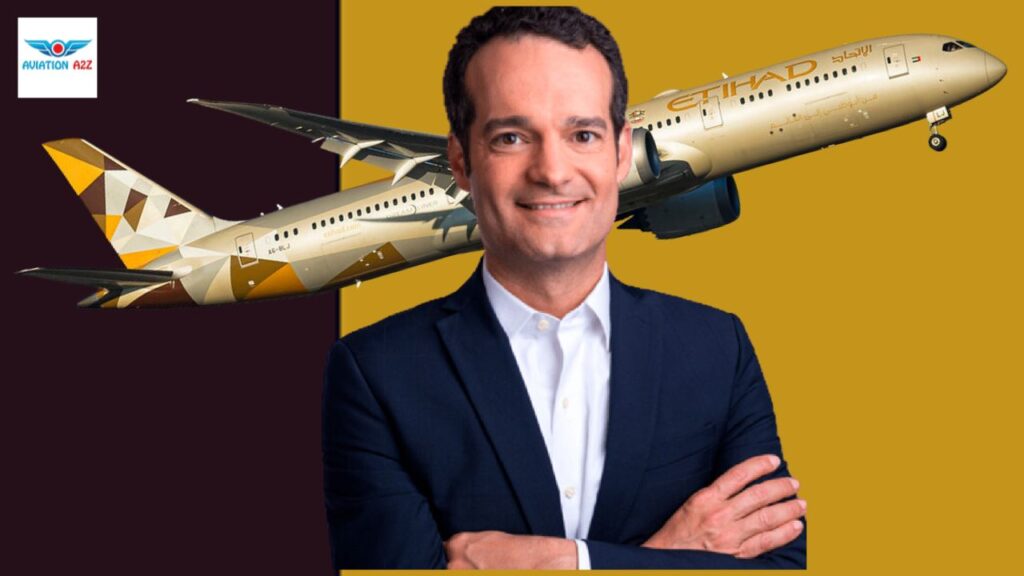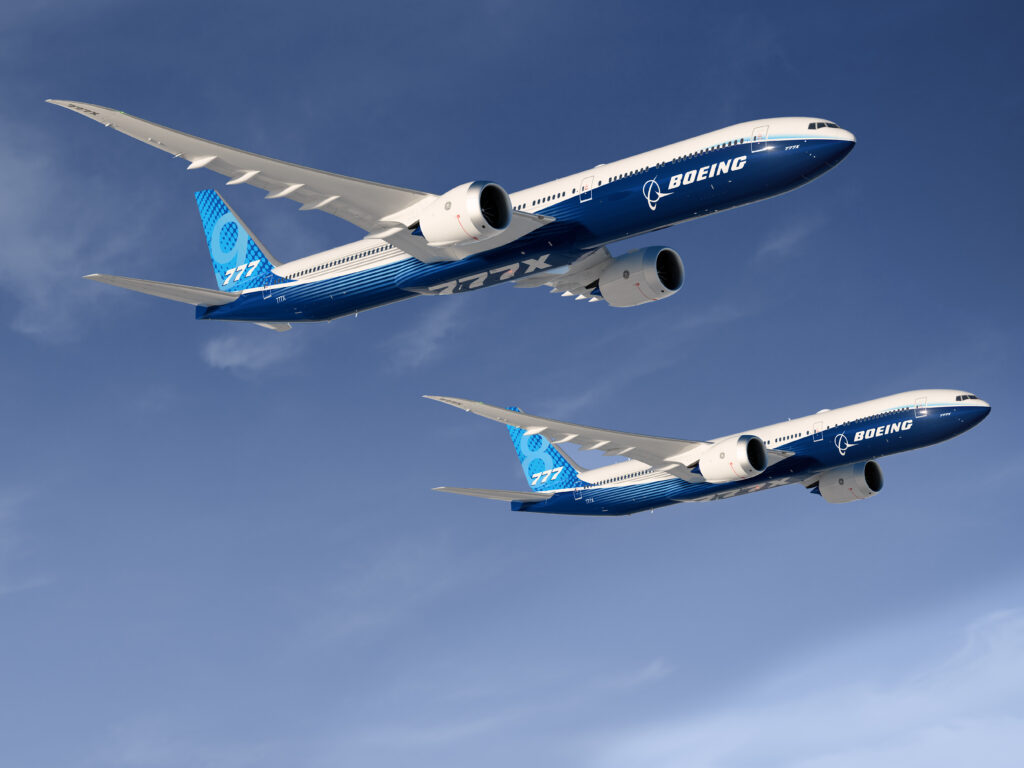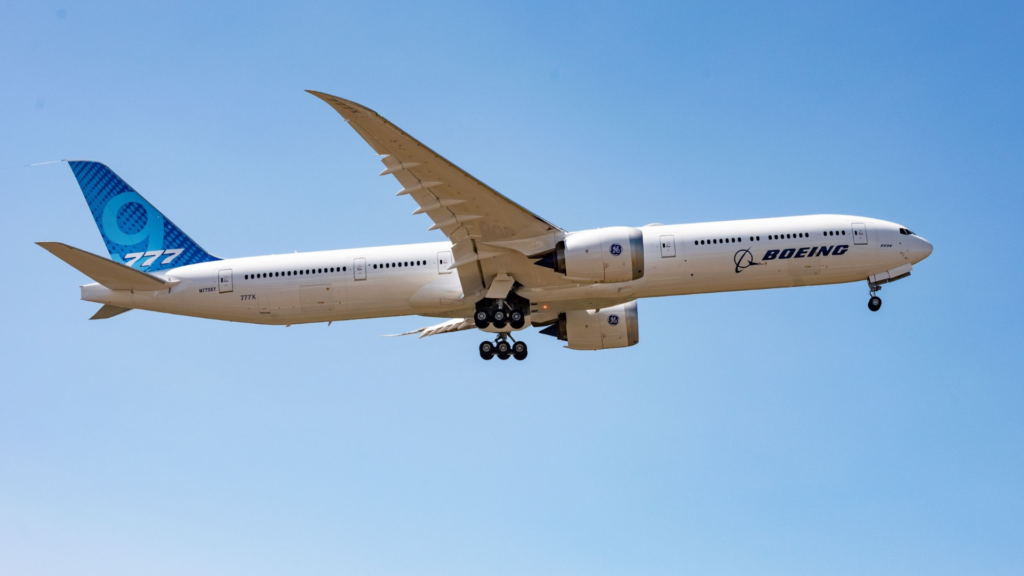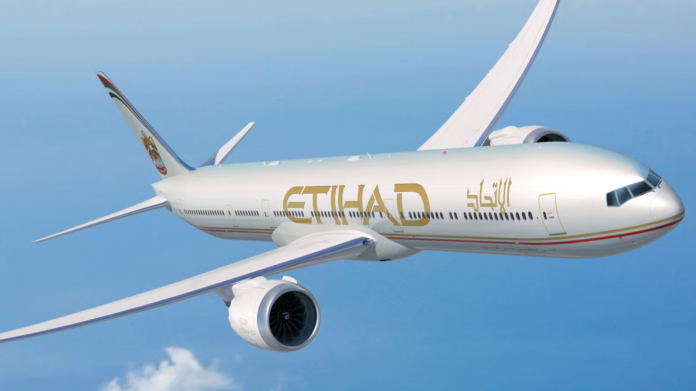ABU DHABI- Etihad (EY) has undergone significant restructuring, downsizing, and stabilization in recent years. However, the airline is now on track for growth and is returning to its roots as a network provider.
The airline’s CEO, Antonoaldo Neves, sheds light on the reasons behind this new strategy to aeroTelegraph.

New Strategy
Neves emphasizes that the mandate from Etihad’s shareholders is clear – the airline must be financially sustainable in the long term. Size is not the primary focus; rather, the goal is to ensure financial sustainability while providing an exceptional customer experience.
Neves explains that a shift in market conditions led to a reevaluation of the airline’s business plan, which now focuses on key regions like India, the Middle East, Pakistan, and Southeast Asia.
In response to fierce competition in the region, Etihad has adopted a targeted strategy that emphasizes dominant market presence, high-quality service, and increased frequencies to key destinations.
Neves believes that competing with a superior product and high frequency is crucial for success in these markets.
While acknowledging competition in the region, Neves sees it as an opportunity to raise the bar and improve the industry. He believes that a market with 120 million passengers per year, growing at five percent annually, leaves room for several airlines to thrive.

Etihad Boeing 777X Orders
With plans to deploy up to 150 or 160 aircraft in the next five years, Etihad aims to expand its network to approximately 110 destinations.
Neves emphasizes the importance of increased frequencies and strategic route selection to maximize profitability.
Although Etihad has an option to buy Boeing 777X aircraft, Neves indicates that they are not currently part of the airline’s five-year plan. The focus is on replacing older aircraft like the Airbus A380 and early Boeing 777 models with more efficient options such as the A350-1000 or the 777X.
Neves believes in consolidation on the revenue side rather than the cost side, emphasizing that mergers should create value for shareholders and consumers. While alliances can be beneficial, they are not a top priority for Etihad, which focuses on safety, network expansion, and employee satisfaction.

Future Updates
Etihad’s long-term strategy involves flexible fleet planning, an emphasis on frequencies, and market-specific differentiation between Etihad and its joint venture, Air Arabia Abu Dhabi.
While expansion into new regions is on the horizon, Neves stresses the importance of targeted growth and strategic route selection.
In conclusion, Etihad’s CEO’s strategic vision prioritizes financial sustainability, service excellence, and targeted growth in key markets. By focusing on frequencies, network optimization, and fleet flexibility, the airline aims to position itself for success in the evolving aviation landscape.
Stay tuned with us. Further, follow us on social media for the latest updates.
Also Read: US Airlines, Including American, United, Delta, and Southwest, want you to Dress Properly – Aviation A2Z
Join us on Telegram Group for the Latest Aviation Updates. Subsequently, follow us on Google News.
The post Etihad CEO Says No New Boeing 777X Orders and More appeared first on Aviation A2Z.


